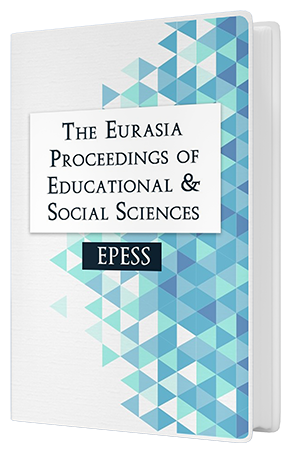E-LEARNING TOOLS: CONCEPTUALISATION OF DOMAIN KNOWLEDGE FOR FUTURE USE IN E-LEARNING CONTEXT
Keywords:
Domain ontology, ontology development, e-learning, e-learning toolsAbstract
Semantic Web is a Web of new generation. The main difference from the Web of the first generation is that information presented is understandable not only for humans, but also for software agents or other software modules. Ontologies are most often defined as basic component in Semantic Web infrastructure. Domain ontologies provide shared and common understanding of a specific domain. They, as engineering artefacts, are used in different fields, including e-learning. In this paper, we present the development of domain ontology for future use in e-learning context. Domain of “E-learning tools” was chosen for implementation. The distance learning course “E-learning technologies” (3 credits) is elective and oriented not only for students with strong background of information technologies. Among others, the expected ability of the study module is formulated as follows: students will be able to analyse, compare and in the real context to choose the most suitable tools for development of study materials, delivering distance learning course or making other decision in e-learning context. Our domain consists of three large parts: tools (software products), technologies in a wider sense of this word and didactics. The obstacle of our solution is that the domain is evolving quickly. But since we agree that “there is no single correct ontology for any domain” (Noy, 2001), we can freely experiment and foresee further use of developed ontology in e-learning.Downloads
Published
Issue
Section
License
Copyright (c) 2015 The Eurasia Proceedings of Educational and Social Sciences

This work is licensed under a Creative Commons Attribution-NonCommercial-ShareAlike 4.0 International License.
The articles may be used for research, teaching, and private study purposes. Any substantial or systematic reproduction, redistribution, reselling, loan, sub-licensing, systematic supply, or distribution in any form to anyone is expressly forbidden. Authors alone are responsible for the contents of their articles. The journal owns the copyright of the articles. The publisher shall not be liable for any loss, actions, claims, proceedings, demand, or costs or damages whatsoever or howsoever caused arising directly or indirectly in connection with or arising out of the use of the research material. All authors are requested to disclose any actual or potential conflict of interest including any financial, personal or other relationships with other people or organizations regarding the submitted work.




